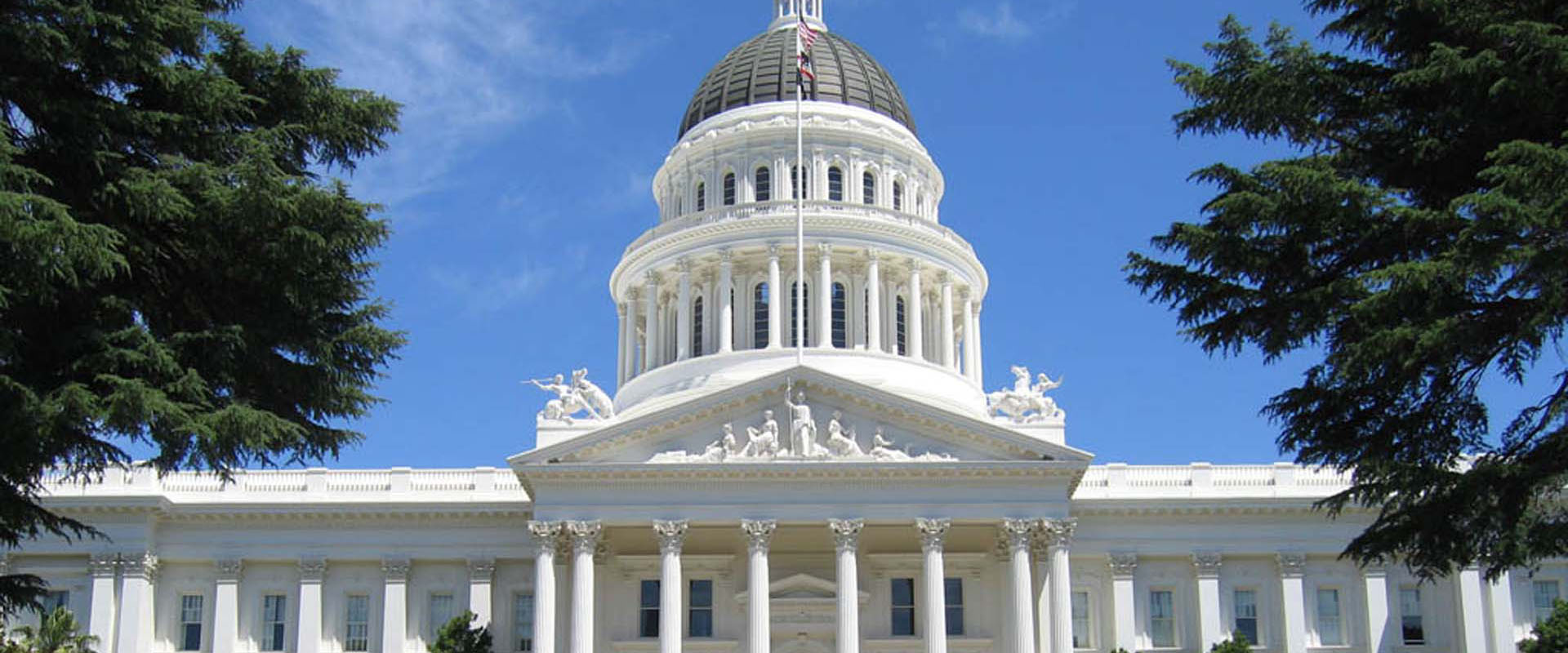California Supreme Court Sides Against School Districts in State Mandates Case

February 2020
Number 11
In California School Boards Association v. State of California (CSBA), the California Supreme Court has allowed the Legislature to avoid appropriating new funding to cover the costs of state mandated programs. Instead, the Legislature is now able to point to existing, unrestricted state funding to satisfy the Constitutional requirement that it identify funding for such programs. In light of the court's holding the Legislature may be incentivized to create new state mandated programs utilizing unrestricted state funding previously intended for school districts' discretionary use. The reduction in unrestricted funding and the commensurate increase in state mandate programs threatens to erode local control of public education.
State Mandates in California
The California Constitution provides that when "the Legislature or any state agency mandates a new program or higher level of service on any local government, the State shall provide a subvention of funds to reimburse that local government for the costs of the program or increased level of service." (Cal. Const., art. XIIIB, § 6, subd. (a).) The Legislature created a statutory process to implement this constitutional provision, including the creation of the Commission on State Mandates (CSM) which is responsible for hearing "test claims" from public agencies to determine whether the Legislature or a state agency has created a new "reimbursable mandate."
Among other requirements, the CSM is prohibited from finding a reimbursable mandate if "[t]he state [or] executive order [alleged to impose the mandate] or an appropriation in a Budget Act or other bill provides for offsetting savings to local agencies or school districts that result in no net costs to the local agencies or school districts, or includes additional revenue that was specifically intended to fund the costs of the state mandate in an amount sufficient to fund the cost of the state mandate." (Gov. Code, § 17556.)
The CSBA Opinion
CSBA involved two requirements the Legislature imposed upon school districts that had been previously determined by the CSM to be state mandates: (1) a science course graduation requirement; and (2) regulations related to behavior health interventions for students receiving special education and related services. The Legislature passed two bills requiring school districts to utilize unrestricted state funding for each of these mandates. These bills were challenged as violating the California Constitution's requirement that the Legislature "reimburse that local government for the costs of the program or increased level of service."
The Court reasoned the Legislature could have reduced school districts' unrestricted state funding and provided new funding for the mandates at issue in an amount equal. The Legislature's designation of unrestricted state funding for mandated costs was the functional equivalent.
The Court also described several permissible ways in which the mandate requirements of California Constitution could be met by the Legislature: (1) provide new funding; (2) eliminate a different program or funded mandate to free up funds to pay for a new mandate; (3) identify new offsetting savings or offsetting revenue; (4) designate previously unrestricted funding as prospectively allocated for the mandate; or (5) suspend the mandate and render it unenforceable for one or more budget years. Thus, the court affirmed the Legislature's use of the fourth option listed here for the mandates at issue in CSBA.
Takeaways
The State high court's decision provides the Legislature with additional flexibility to impose mandates on school districts because it can designate unrestricted funding to cover the costs of the mandate rather than providing new funding. As the Legislature burdens unrestricted state funding with the covering the costs of state mandates, there will be fewer dollars available for school districts to address local needs. The result could be a further erosion of local control of public education.
If you have any questions about the CSBA v. State decision or state mandates in general, please contact the author of this Client News Brief or an attorney at one of our eight offices located statewide. You can also subscribe to our podcast, follow us on Facebook, Twitter and LinkedIn or download our mobile app.
Number 11
In California School Boards Association v. State of California (CSBA), the California Supreme Court has allowed the Legislature to avoid appropriating new funding to cover the costs of state mandated programs. Instead, the Legislature is now able to point to existing, unrestricted state funding to satisfy the Constitutional requirement that it identify funding for such programs. In light of the court's holding the Legislature may be incentivized to create new state mandated programs utilizing unrestricted state funding previously intended for school districts' discretionary use. The reduction in unrestricted funding and the commensurate increase in state mandate programs threatens to erode local control of public education.
State Mandates in California
The California Constitution provides that when "the Legislature or any state agency mandates a new program or higher level of service on any local government, the State shall provide a subvention of funds to reimburse that local government for the costs of the program or increased level of service." (Cal. Const., art. XIIIB, § 6, subd. (a).) The Legislature created a statutory process to implement this constitutional provision, including the creation of the Commission on State Mandates (CSM) which is responsible for hearing "test claims" from public agencies to determine whether the Legislature or a state agency has created a new "reimbursable mandate."
Among other requirements, the CSM is prohibited from finding a reimbursable mandate if "[t]he state [or] executive order [alleged to impose the mandate] or an appropriation in a Budget Act or other bill provides for offsetting savings to local agencies or school districts that result in no net costs to the local agencies or school districts, or includes additional revenue that was specifically intended to fund the costs of the state mandate in an amount sufficient to fund the cost of the state mandate." (Gov. Code, § 17556.)
The CSBA Opinion
CSBA involved two requirements the Legislature imposed upon school districts that had been previously determined by the CSM to be state mandates: (1) a science course graduation requirement; and (2) regulations related to behavior health interventions for students receiving special education and related services. The Legislature passed two bills requiring school districts to utilize unrestricted state funding for each of these mandates. These bills were challenged as violating the California Constitution's requirement that the Legislature "reimburse that local government for the costs of the program or increased level of service."
The Court reasoned the Legislature could have reduced school districts' unrestricted state funding and provided new funding for the mandates at issue in an amount equal. The Legislature's designation of unrestricted state funding for mandated costs was the functional equivalent.
The Court also described several permissible ways in which the mandate requirements of California Constitution could be met by the Legislature: (1) provide new funding; (2) eliminate a different program or funded mandate to free up funds to pay for a new mandate; (3) identify new offsetting savings or offsetting revenue; (4) designate previously unrestricted funding as prospectively allocated for the mandate; or (5) suspend the mandate and render it unenforceable for one or more budget years. Thus, the court affirmed the Legislature's use of the fourth option listed here for the mandates at issue in CSBA.
Takeaways
The State high court's decision provides the Legislature with additional flexibility to impose mandates on school districts because it can designate unrestricted funding to cover the costs of the mandate rather than providing new funding. As the Legislature burdens unrestricted state funding with the covering the costs of state mandates, there will be fewer dollars available for school districts to address local needs. The result could be a further erosion of local control of public education.
If you have any questions about the CSBA v. State decision or state mandates in general, please contact the author of this Client News Brief or an attorney at one of our eight offices located statewide. You can also subscribe to our podcast, follow us on Facebook, Twitter and LinkedIn or download our mobile app.
As the information contained herein is necessarily general, its application to a particular set of facts and circumstances may vary. For this reason, this News Brief does not constitute legal advice. We recommend that you consult with your counsel prior to acting on the information contained herein.






